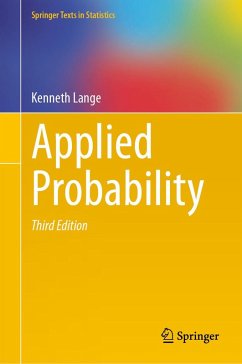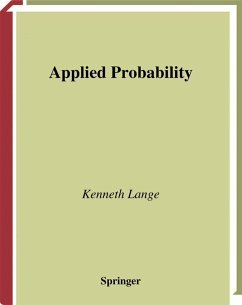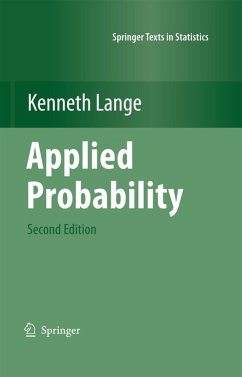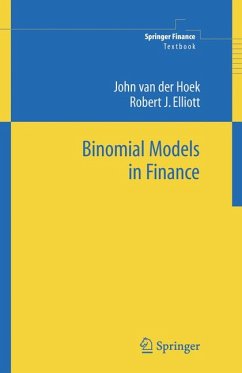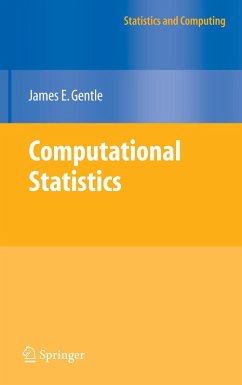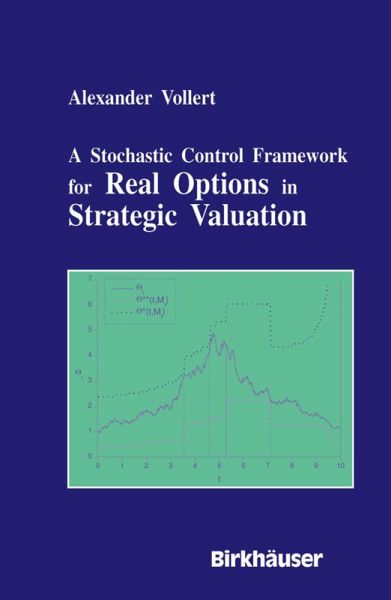
A Stochastic Control Framework for Real Options in Strategic Evaluation (eBook, PDF)

PAYBACK Punkte
20 °P sammeln!
The mathematical theory of finance, involves a stochastic framework in which the theory of real options can serve as a tool for practically oriented decision making in the face of uncertainty. This book examines a new framework for classifying real options from a management and a valuation perspective, giving the advantages and disadvantages of the approach. Impulse control theory and the theory of optimal stopping are used to construct arbitrarily complex real option models that can be solved numerically and yield optimal capital market strategies and values. Various examples demonstrate the ...
The mathematical theory of finance, involves a stochastic framework in which the theory of real options can serve as a tool for practically oriented decision making in the face of uncertainty. This book examines a new framework for classifying real options from a management and a valuation perspective, giving the advantages and disadvantages of the approach. Impulse control theory and the theory of optimal stopping are used to construct arbitrarily complex real option models that can be solved numerically and yield optimal capital market strategies and values. Various examples demonstrate the potential of this framework.
Dieser Download kann aus rechtlichen Gründen nur mit Rechnungsadresse in A, B, BG, CY, CZ, D, DK, EW, E, FIN, F, GR, HR, H, IRL, I, LT, L, LR, M, NL, PL, P, R, S, SLO, SK ausgeliefert werden.



